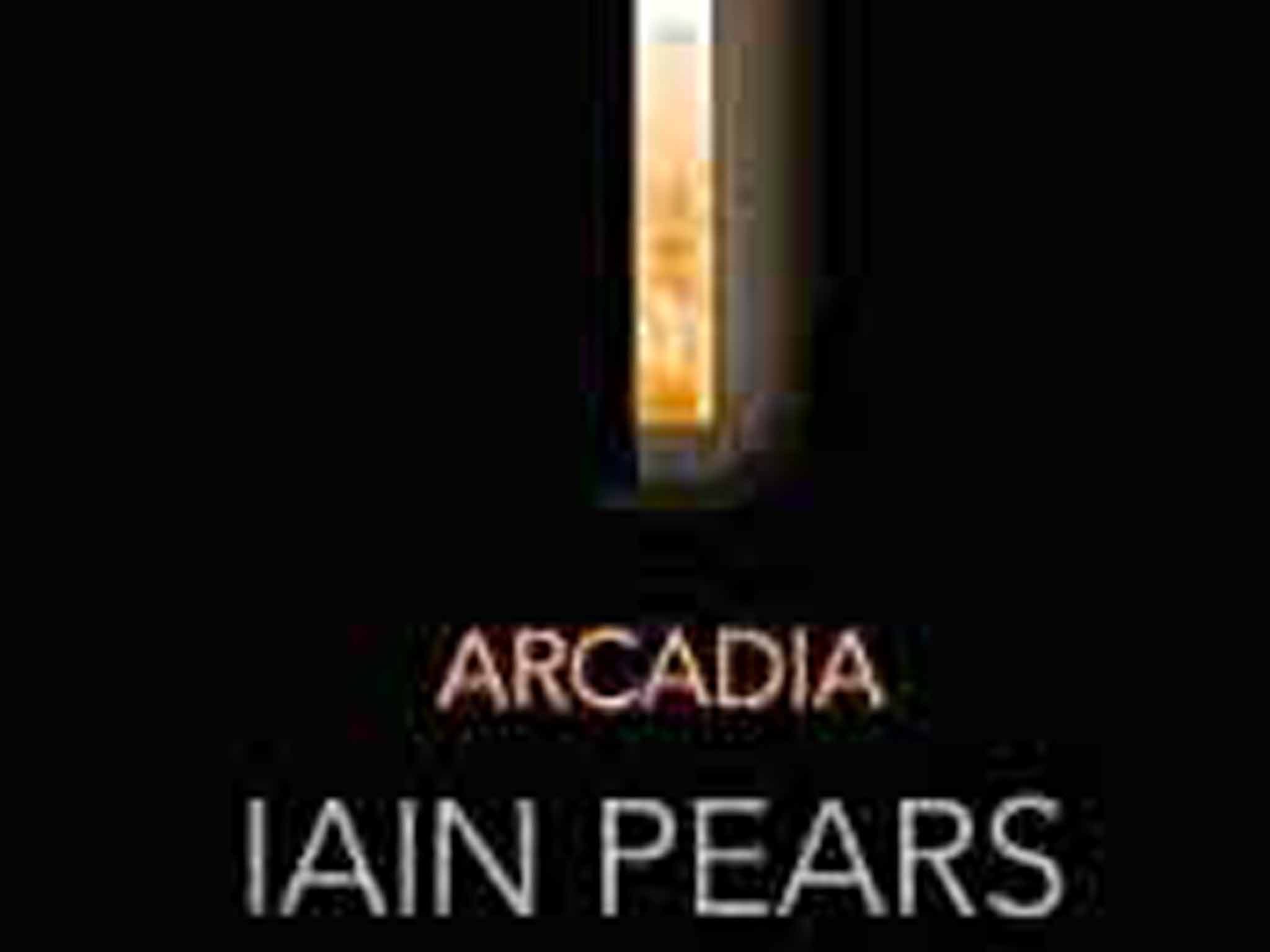Arcadia, by Iain Pears - book review: A near-perfect take on the perils of a parallel universe
Treat this novel, and its app, as a meme-park where a whole menagerie of tropes, themes, myths and motifs from centuries of fantasy and romance can frolic

In the year 2222, rebellious low-tech “renegades” “refuse to be happy” under the Scientific Government that runs a planet of 30 billion drugged serfs in the wake of catastrophic climate change. Well, the marketing of Arcadia brought out the renegade in me. Yes, a beautifully designed app (by Touchpress) allows readers to trace many alternative paths through this novel's three intersecting storylines. That privilege, however, comes at the cost of obedience to the embryonic version of Scientific Government controlled by Apple Inc.
That would hardly matter if the triple narrative of Pears's epic fantasia did not turn on the perils of a “landscape of perfection” – pastoral, political or technological. Arcadia is both a utopia of stories, and a story of utopias. In 1960 (our first world), a smart and plucky 15-year-old named Rosie finds a portal into another dimension via the cellar of the kindly Oxford don. Henry Lytten has sketched this bucolic “Anterwold” (the second world) as a traditional yet democratic riposte to the domains devised by his fussier colleagues CS Lewis and JRR Tolkien. Meanwhile, from the regimented dystopia of 2222 (the third world), Henry's chum Angela Meerson –a maverick scientist of genius – slips back to the 20th century. She needs to test-drive the world-shifting technology that a Bond-style villain, Zoffany Oldmaster, wishes to seize for his apocalyptic ends.
Briefly, Angela's device does not permit passage into parallel universes – as the technocratic elite of 2222 planned – but “seems to hop from time to time”. From Henry's blueprint, it generates Anterwold through a “chain reaction”. But does this graceful but rudimentary culture represent our past – or our future?
As Rosie remarks about Anterwold, “You steal ideas from everyone.” Shakespeare, Sidney, Carroll, Bradbury, Huxley, Orwell, Tolkien-and-Lewis, Le Carré, Fleming – to label Arcadia as “derivative” would be both to miss and to make Pears's point. In a world (or worlds) menaced by terminal risks, he builds a story-ark: a granary or seedbank of genres. Treat this novel, and its app, as a meme-park where a whole menagerie of tropes, themes, myths and motifs from centuries of fantasy and romance can frolic – although forever overshadowed by the sense that death stalks all our earthly paradises. Each “Arcadian idyll… is built on corpses”. Learned, frivolous, sometimes prolix but often hugely entertaining, Arcadia bomb-proofs itself against every charge of plagiarism or pastiche. Henry insists to Rosie that “We are our past, my dear.”
Faber & Faber £18.99. Order for £15.99 (free p&p) from the Independent Bookshop: 08430 600 030.
Subscribe to Independent Premium to bookmark this article
Want to bookmark your favourite articles and stories to read or reference later? Start your Independent Premium subscription today.

Join our commenting forum
Join thought-provoking conversations, follow other Independent readers and see their replies